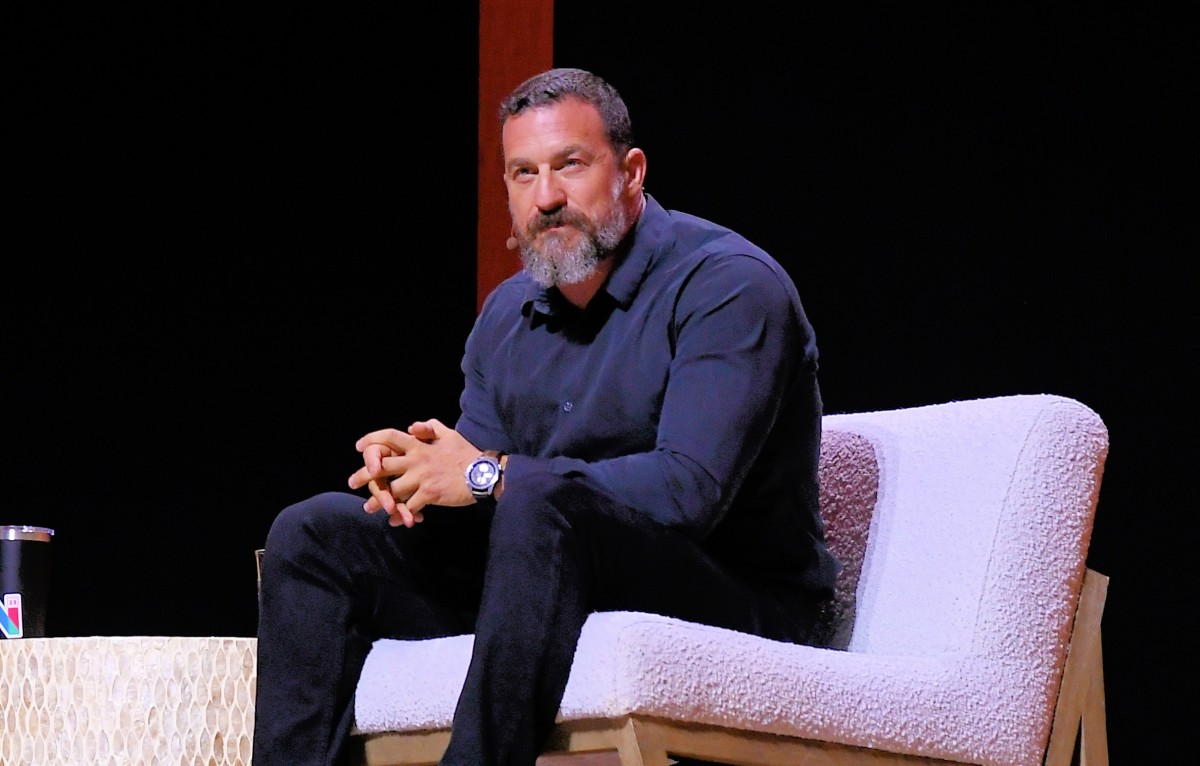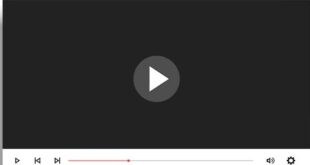Whether it be in the movies, television shows, or even real life, we’ve all heard someone come home from a tough day and mutter the words “I need a drink.” The general premise behind the comment is that having an alcoholic beverage would help take the edge off and possibly relieve some stress or anxiety. However, according to neuroscientist and host of the Huberman Lab podcast, Andrew Huberman, doing so may actually result in the exact opposite effect over time.
While Huberman doesn’t push back on the idea that having a drink can, in that moment, help calm someone, he evaluated how this impacts the times when someone is not drinking. Specifically, the downside of it can surprisingly lead to more stress and anxiety during someone’s normal day.
Andrew Huberman Explains the Effects of Alcohol on Stress and Anxiety

Although Huberman’s evaluation of the immediate impact of alcohol doesn’t signal that it may not take the edge off, he highlights the long-term impacts based on the amount of one’s cortisol that’s released at a baseline level.
More specifically, Huberman highlighted that the baseline level of cortisol that gets released increases “substantially,” which in turn creates more daily stress and anxiety.
“Often we hear about the immediate effects of alcohol, effects like reducing the amount of stress,” Huberman said.
“…How many times have we heard somebody say, ‘Oh, I need a drink,’ and then, they have a drink and they calm down,” Huberman continued. “…While that very well may be true, that it can relax them, when they are not drinking, that level of cortisol that’s released at baseline has increased substantially.”
”…As a consequence, they feel more stressed and more anxiety when they aren’t drinking.”
Here’s a look at the clip, courtesy of Huberman Lab Clips:
Dr. Andrew Huberman (@hubermanlab) explains why alcohol can raise baseline stress even while it feels relaxing.
“Often we hear about the immediate effects of alcohol, effects like reducing the amount of stress.”
“How many times have we heard somebody say, ‘Oh, I need a drink,’… pic.twitter.com/lvPlaNbBSJ
— Huberman Lab Clips (@HLPClips) September 4, 2025
Huberman was careful to explain that having one sip of alcohol or even one drink does not necessarily lead to this. He gave an example of someone drinking a glass of wine or an alcoholic drink with dinner, and then going out and drinking more on the weekends. He also stated that he doesn’t want to “demonize” alcohol, and reiterated that having one drink “now and again” isn’t “necessarily terrible for you.”
It’s an interesting bit of data detailed by the popular neuroscientist, and his breakdown of how it works entirely will likely help to answer most questions you may have on the topic.
Related: Andrew Huberman Explains Caffeine’s Surprising Impact on Focus and Performance
